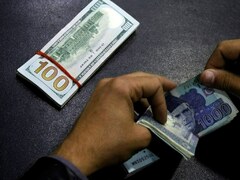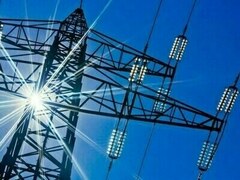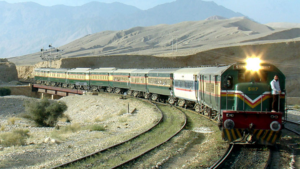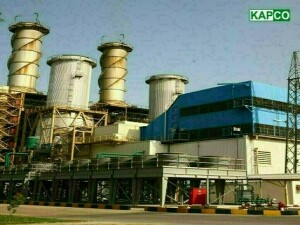Thailand is considering paying benefits to low-income earners as the military government seeks to spur an economy battered by months of political turmoil. Southeast Asia's second-largest economy was left on the verge of recession by six months of anti-government protests, which dented consumer confidence, crippled the government and set the stage for a military coup on May 22.
The benefit payments would cost about 56 billion baht ($1.7 billion) a year and lift economic growth by 0.2 percentage point annually, Kritsada Jinavijarana, the head of the Finance Ministry's fiscal policy office, said on Friday. The ministry will propose the plan to the military government to make supplementary payments of as much as 20 percent of the income of people earning less than 80,000 baht ($2,500) a year, Kritsada said.
The scheme, if approved, would benefit 18.5 million people, or 27.5 percent of the population, he added. Junta leader General Prayuth Chan-ocha has said the junta would avoid populist policies or costly projects that might burden a future administration. Protests against the government of former Prime Minister Yingluck Shinawatra focused on populist policies her critics said were used to buy votes.
Still, the military administered what was effectively a swift cash injection into the rural economy shortly after taking power by paying billions of dollars in arrears owed to rice farmers through a failed subsidy scheme that was one of Yingluck's flagship policies.
BR100
15,103
Increased By
140.9 (0.94%)
BR30
42,619
Increased By
540.8 (1.29%)
KSE100
148,196
Increased By
1704.8 (1.16%)
KSE30
45,271
Increased By
438.2 (0.98%)






















Comments
Comments are closed.